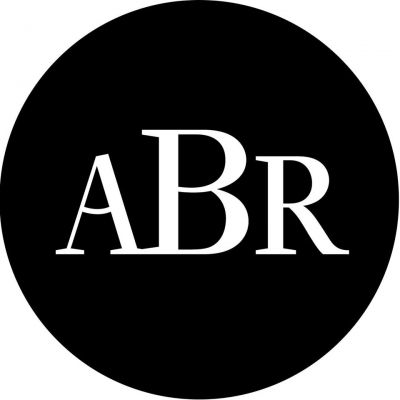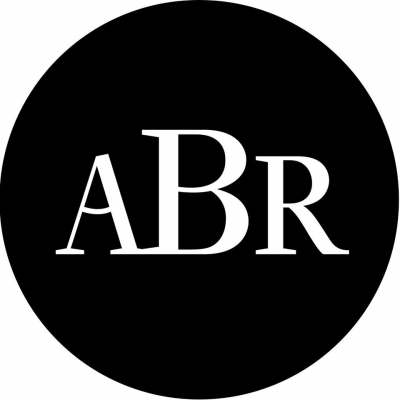Publishing
Phoenix Publications literally sprang from an ardent belief that there is place in Australian publishing for a small press representing a wide literary culture and achieving a high standard of design and production.
Phoenix Publications arose in Brisbane, when Manfred Jurgensen, Professor of German at the University of Queensland, was asked to assemble a collection of writing by Australians whose native tongue was other than English. The anthology, Ethnic Australia, appeared in 1980 and met with such interest that it was set in many high schools and tertiary institutions and went into a second edition the following year. Jurgensen decided that the best way to achieve the standard of production he wanted for Ethnic Australia was to publish it himself, and Phoenix Publications was established.
... (read more)The last time I’d seen this particular Bob was when we were at the school where I had to pretend not to be good at English and French and where he was a bikie and one of the likeable Bad Boys. I’d admired his audacity in running for school prefect and his campaign posters with their slogan ‘VOTE FOR BOB AND YOU WON’T GET DOBBED’.
And here he was at a party almost twenty years later, a taxation officer in a grey suit saying to me ‘And whaddya do for a crust?’ I said, ‘I teach a course in Australian Literature’. ‘Yeah?’ He didn’t sound too surprised. ‘Be a short course, wouldn’t it?’
... (read more)Penguin Books, which has just celebrated its fiftieth birthday, is widely known through its paperback publishing as the great populariser of literature in the English language.
... (read more)New York snow storms may blow outside his window, but Sumner Locke Elliott is feverishly busy indoors writing a novel set in Australia between the wars. He hopes to complete it by late spring.
... (read more)At a seminar on the arts and the economy held recently in Melbourne, Laurie Muller, general manager of the University of Queensland Press, attacked what he described as the myth of the Australian publishing industry. According to Muller, the market size for serious Australian books is so small (one to three thousand) that publishers can barely recoup their development costs, let alone make any profits to service capital and finance further books and expansion.
... (read more)In the UK Bookseller, the self-named ‘organ’ of the VAT-proof Thatcherland, the gossip columnist, one Horace Bent, speculated that Simon and Schuster International were running their New York eyes over Thomson Books UK. However, Thomson, the umbrella sheltering Nelson from the noonday sun, along with pedigree icons Hamish Hamilton, Michael Joseph, and the slightly more louche Sphere and Abacus paperback lists, has chosen the dignified flippancy of Penguin over any other suitor. My source was impeccable, Penguins never lay eggs that don’t hatch, and the news is now yesterdays, unless of course you happen to be a Nelson employee crystal-gazing into the Penguin pond!
... (read more)Promoting a book north of Brisbane can be a wary business, especially if the author’s car carries a Canberra number plate.
In this most nationalistic of states, he must first establish his credentials as a Queenslander. In my own case, born at Boonah near Ipswich and with many years’ experience in the north, these were impeccable.
... (read more)The problems of children’s book publishing are not really different in kind from those which beset other types of publishing; they are the familiar problems exacerbated by the fact that these books are designed for a group of second-class citizens who, being young and dependent, have little influence on what is produced for them, and little financial clout.
... (read more)

